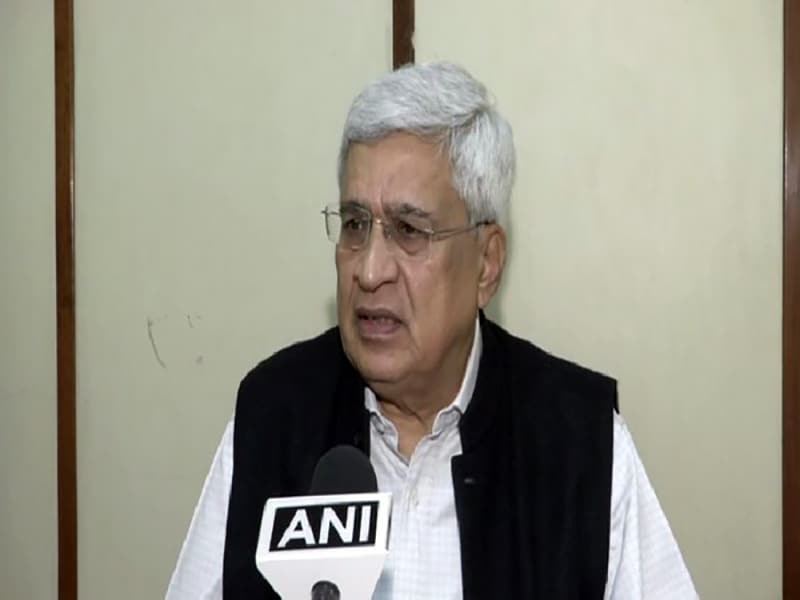New Delhi: CPM leader Prakash Karat on Thursday said that CPM stands for equal rights for women in all spheres of society.
Speaking to ANI on the judgment of the Supreme Court on the Sabarimala issue, he said: “The Supreme Court has decided to refer the matter to a seven-member bench after a review petition was filed in the court. As far as our party is concerned, we stand for equal rights for women in all spheres of society.”
“We will have to wait for the final judgment on the issue in the Sabarimala matter,” he added.
The Supreme Court, earlier today, referred to a larger constitution bench a batch of review petitions against its September 2018 verdict allowing entry of women of all age groups into the Sabarimala temple.
While Justice Rohinton Fali Nariman and Justice DY Chandrachud dissented, Chief Justice Ranjan Gogoi, Justice AM Khanwilkar, Justice Indu Malhotra sent the Sabarimala review to a larger Bench by a 3-2 ruling.
“The entry of women into places of worship is not limited to this temple only. It is also involved in the entry of women into mosques,” Chief Justice Gogoi said while reading out the verdict.
A Constitution Bench led by Chief Justice of India (CJI) Ranjan Gogoi passed the order on a series of petitions seeking reconsideration of its September 2018 judgment that lifted the bar on menstruating women from worshipping in the Sabarimala temple in Kerala.
The apex court in a landmark 4:1 ruling had set aside decades-old restrictions on the entry of women of age between 10 to 15 years inside the temple.
One of the five Judges, Justice Indu Malhotra had, however, dissented and ruled that judges should not impose their personnel views.
The verdict had sparked a series of protests across the state. This led to the filing of 65 petitions seeking review of the top court’s order. The petitions challenged the authority of the court to intervene in a belief of the people.
It was argued that the Sabarimala deity is a “Brahmachari” (celibate) and “centuries-old beliefs” should not be disturbed by the entry of menstruating women worshippers.

